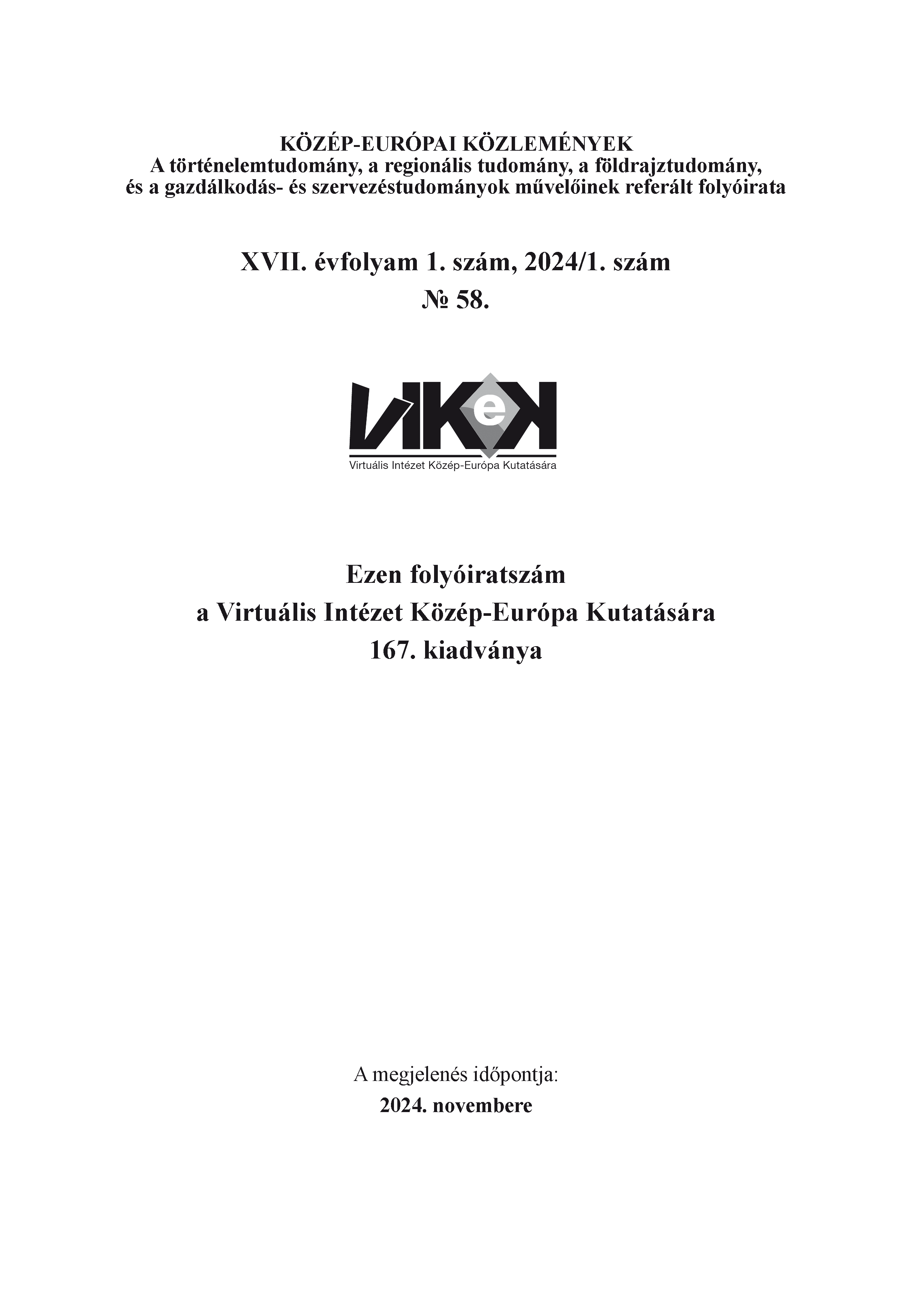Did the Swabians of Hungary Benefit When the Germans Occupied Hungary in Spring 1944?
Main Article Content
Abstract
Concentrating on the years of the Second World War, the study examines the efficacy of the lobbying efforts of the Volksbund, the ethnic advocacy group of the Germans of Hungary under the thumb of Berlin. The study ultimately comes to the conclusion that the Volksbund was a failure in terms of serving the self-defense exigencies of the German minority. On the one hand, the energetic resistance of the governments in Budapest overcame the Nazi-spirited solidarity of the whole of the Germans of Hungary. On the other hand, the Third Reich exploited their economic resources and blood sacrifices with ruthless precision. Berlin and Budapest’s mutually reinforcing resistance defeated both minority advocacy and the aspiration for emancipation, which emboldened the greatest number of ethnic Germans. As soon as Hungary’s martial willingness wavered, Berlin intervened, although neither the German occupation in March 1944 nor the Arrow Cross Party’s seizure of power in October intended to avail the Volksbund. After the work of the sovereign Hungarian government was curtailed, the Hungary-based German advocacy group was proscribed only servile tasks. Never having been in position to take an autonomous decision with regard to the German minority issue, Ferenc Antal Basch, the chairman of the Volksbund, fled to Austrian territory in March 1945.
